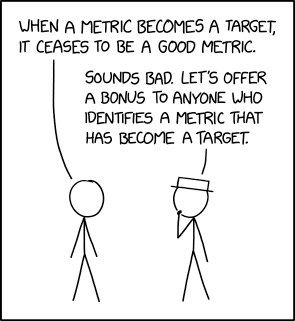Another of my favorites is that paragraph on endpoints:
"In 2019, stakeholder feedback regarding the NICE guideline on depression expressed concern that NICE had not considered long-term outcomes. They requested that ‘NICE should conduct a proper analysis of 1 and 2-year follow-up data where available and prioritise treatment recommendations made on the basis of this data’ and subsequently stated that ‘long-term follow-up, where available, must be included and prioritised’. This is precisely what NICE has done in the ME/CFS guideline."
Reference is:
Wessely S, Gerada C, Edwards J (J=Jennifer), et al. Campaign Coalition position statement. 2019.
https://www.bacp.co.uk/media/13407/...e-nice-guideline-for-depression-in-adults.pdf
So Wessely signed both:
(1) the anomalies
paper that criticized NICE's decision to prioritize long term outcomes in the assessment of the evidence for the efficacy of ME treatments and
(2) the
request to NICE to do exactly this -- prioritize long term outcomes --
in the assessment of the evidence for the efficacy of depression treatments.

